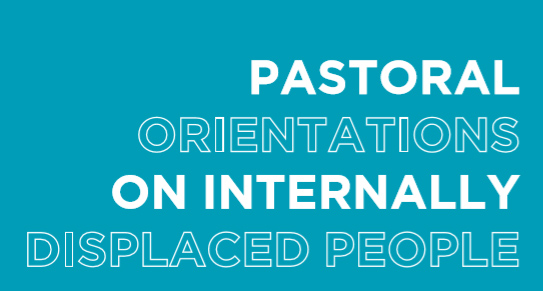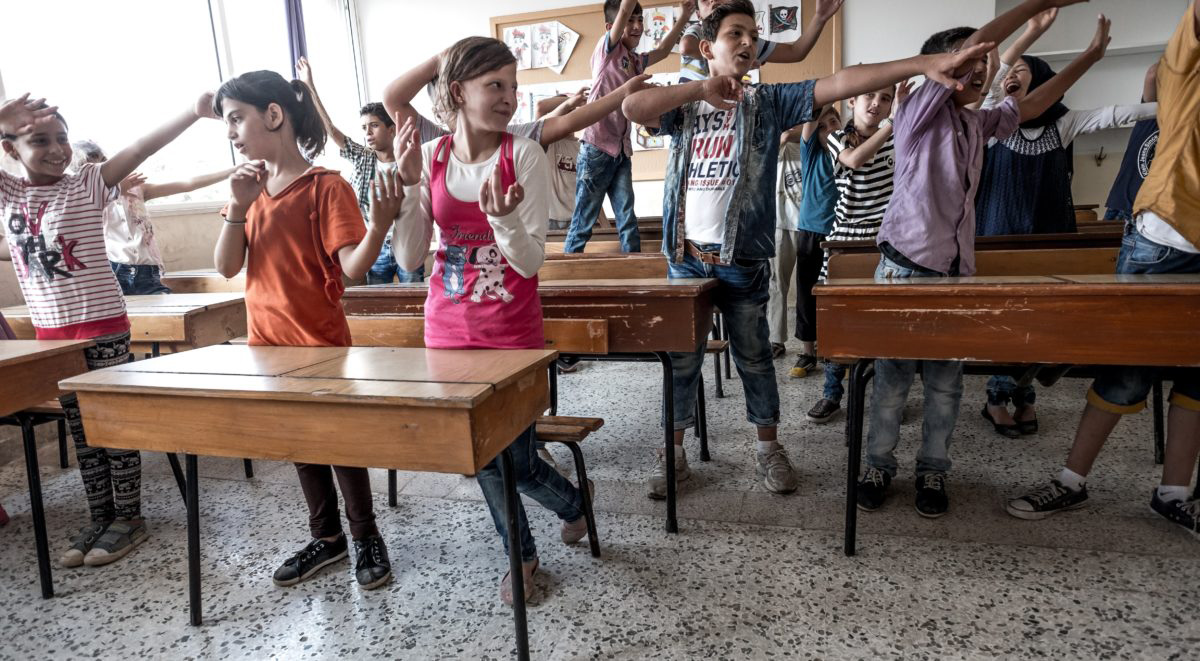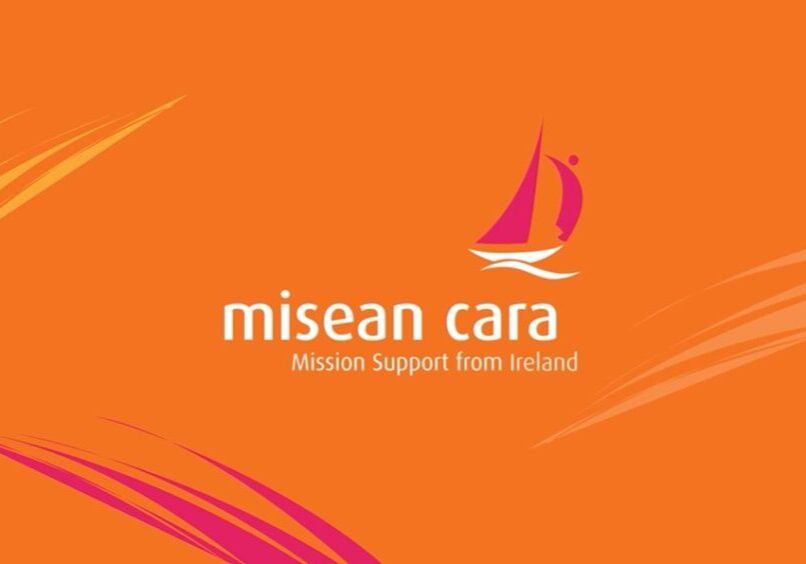
“When we talk about migrants and displaced persons, all too often we stop at statistics,” said Pope Francis in his 2020 Message for World Refugee Day on 20 June, inviting all people of faith and goodwill to get to know migrants and refugees, as well as those who have been forced from their homes but haven’t fled their country, known as Internally Displaced Persons (IDPs).
In his message, Pope Francis encouraged people across the world to “know in order to understand” – personal knowledge is a vital step towards appreciating the plight of others and making it our own.
“The crisis we are facing should not make us forget the many other crises that bring suffering to so many people.”
A wide range of faith-based organisations (FBOs), including from many congregations linked closely to Misean Cara members, have wholeheartedly supported Pope Francis’s invitation to bring greater visibility to the circumstances of IDPs – which have been only exacerbated by COVID-19 lockdowns, limitations on mobility and often restrictions on human rights.
There are more than 50.8 million IDPs in the world today who have been forced to leave their homes because of conflict, violence or persecution. IDPs live in very difficult situations as they struggle to find safety within their home country or are unable to reach and then cross an international border to seek protection as refugees. Millions more are IDPs because of natural disasters and climate chaos.
Over 50 faith communities accompanying and involving IDPs around the world have now called on policymakers and practitioners “to listen to their needs and draw attention to their struggles” following Pope Francis’ call.
“We will be able to understand, for example, that the precariousness that we have come to experience as a result of this pandemic is a constant in the lives of displaced people.”
During COVID-19, we have seen IDPs – already a vulnerable group in society – experiencing increased protection risks from their own governments. An additional fear is that the profound social, economic and rights crises that the pandemic is bringing about could result in IDPs’ concerns receding even further into the background in national and international affairs.
The 50-plus faith organisations to the statement, To Know In Order to Understand, are advocating for enhanced legal protection, non-discriminatory access to services, respect for IDPs’ dignity, and the creation of peace-building and reconciliation programmes for them. This advocacy includes faith groups engaging with the UN Special Rapporteur on the Human Rights of IDPs and the Global Protection Cluster, and the UN Secretary-General’s High-Level Panel on Internal Displacement.
In addition to advocacy, FBOs are supporting important access to basic services to fulfil IDPs’ rights. For example, Misean Cara members alone support access to primary school for war-affected children in Sri Lanka, Lebanon and South Sudan, as well as other supports for forcibly displaced people in India, Burkina Faso, Kenya and Uganda, Myanmar, South Africa, Nigeria and Cameroon.
“It is important that Internally Displaced Persons are not be abandoned in this crisis,” says Cecilia Jimenez-Damary, UN Rapporteur on the Human Rights of IDPs. “I call on States to exercise their sovereign responsibility to protect them based on the Guiding Principles on Internal Displacement and without diverting from existing delivery of humanitarian assistance.”

If we engage with forcibly displaced persons in our midst in society, we will know and appreciate more about the urgency of their predicament, to follow the line of thinking of Pope Francis’s message. Opening our eyes and mind will lead to a clearer idea of what we need to do to act in solidarity with forcibly displaced persons, whatever status they happen to have within their home states or when moving internationally.
Coinciding with World Refugee Day 2020 and Pope Francis’s special message, faith organisations worldwide are now calling for eyes and hearts to open to action by recognizing, contemplating, and sharing the life of refugees, IDPs, migrants and other forcibly displaced persons.
Pope Francis is calling for increased outreach, engaged and understanding of displaced populations.
“Fears and prejudices – all too many prejudices – keep us distant from others and often prevent us from “becoming neighbours” to them and serving them with love,” Pope Francis stated this weekend. “Drawing close to others often means being willing to take risks, as so many doctors and nurses have taught us in recent months.”


